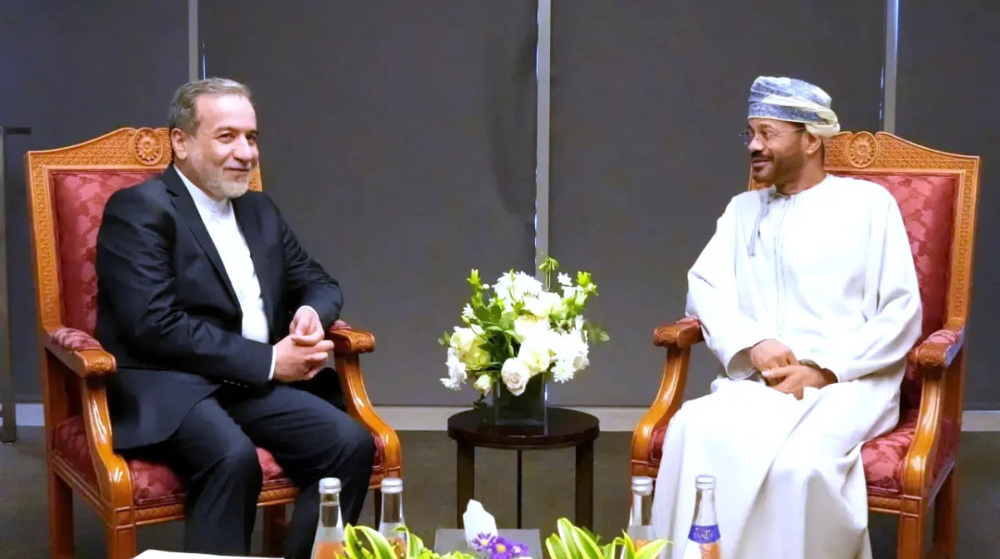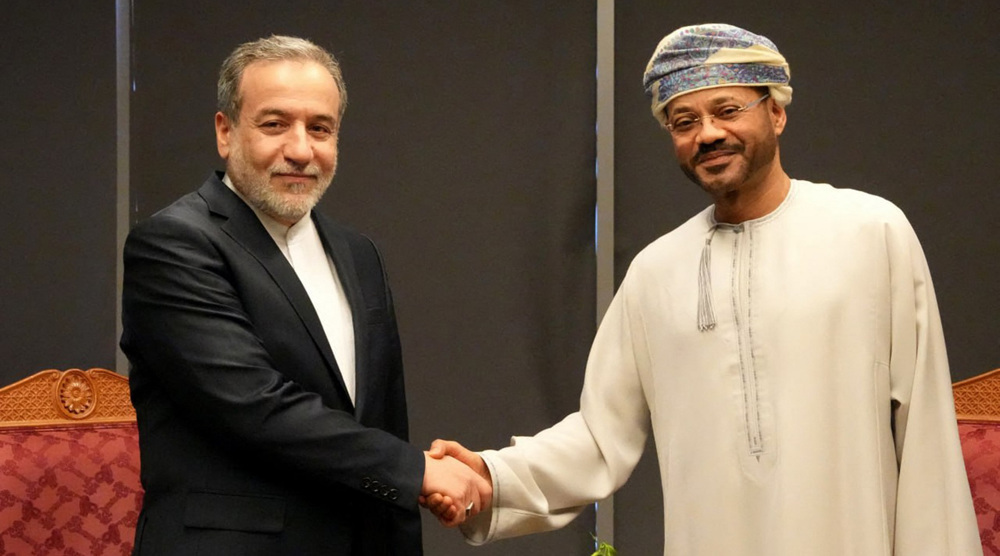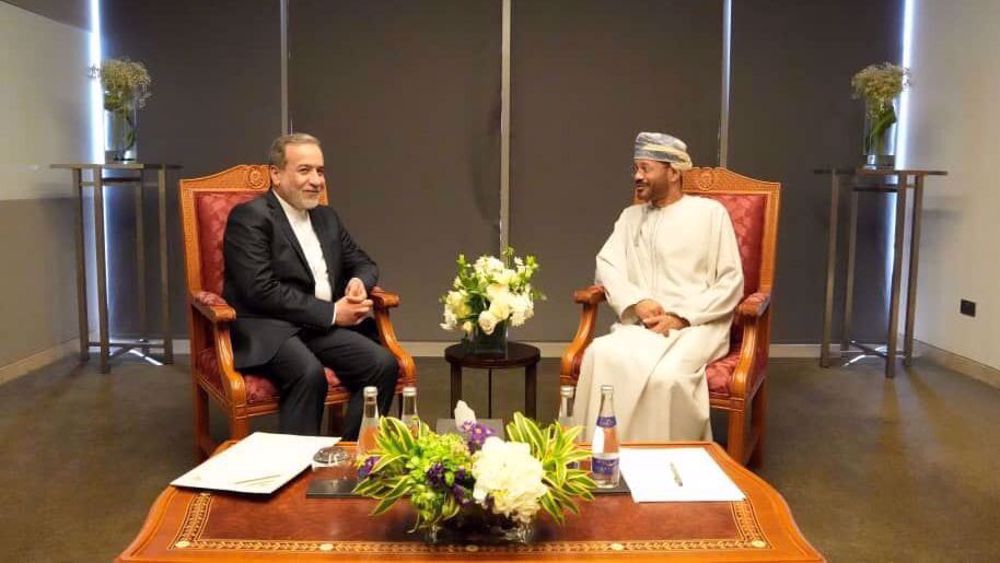Explosion at Natanz nuclear facility act of sabotage: AEOI spokesman
The spokesman for the Atomic Energy Organization of Iran (AEOI) says a recent explosion at Natanz nuclear facility in central Iran has been an act of sabotage, but its details will be announced later.
"Security investigations confirm that the move was an act of sabotage, and what is certain is that an explosion took place at Natanz," Behrouz Kamalvandi said in an exclusive interview with Al-Alam news network on Sunday.
He added that Iranian security officials will reveal "in due time" more details about the explosion, including how it took place and what explosives were used.
On July 2, Iran said an incident affected a shed under construction at the Natanz complex, but it caused no casualties and failed to stop enrichment work at the facility.
Iran's Supreme National Security Council (SNSC) said later that the "main cause" of the incident at the country’s Natanz nuclear facility has been determined and will be announced at an appropriate time.
SNSC Spokesman Keyvan Khosravi said that experts from different sectors started investigating "different hypotheses" about the incident at the Natanz site in central Iran immediately after its occurrence, and have determined its main cause.
"Due to some security considerations, the cause and manner of this incident will be announced at a proper time," he added.
Read more:
- Encouraging sabotage in Iran can ignite full range escalation, Tehran warns
- Official: No evidence to show that Natanz incident was deliberate act
- Natanz incident had no impact on Iran’s peaceful nuclear program: Spokesman
- More advanced shed to replace damaged one at Natanz facility: AEOI spokesman
Elsewhere in his remarks, Kamalvandi stated that Iran is currently producing more than three tonnes of heavy water, part of which is exported to other countries, including some European countries. He, however, refused to name those European countries, so that they would not come under pressure from the United States.
The AEOI spokesman pointed to the forthcoming visit to Iran by Rafael Grossi, the director general of the International Atomic Energy Agency (IAEA), and expressed hope it would help address both sides' concerns.
Kamalvandi explained that the IAEA has requested access to two Iranian sites, one of which is located near the central city of Shahreza in Isfahan Province and the other is situated near Tehran.
The AEOI spokesman said Iran has never been opposed to the agency's access to its nuclear sites, but "believes that the IAEA's inquires must be based on serious evidence and documents."
He emphasized that inquires based on allegations made by spies and similar sources will never be accepted by Iran, and giving additional access to the IAEA is conditioned on the premise that such access will put an end to such inquires for good and ever.
Kamalvandi added that Iran has no confidential information hidden from the IAEA about its nuclear activities, noting that the agency chief's first visit to Tehran is aimed at discussing cooperation within the framework of the Safeguard Agreement and the landmark 2015 nuclear agreement, officially known as the Joint Comprehensive Plan of Action (JCPOA).
In a post on Twitter on Saturday, Iran's permanent representative to Vienna-based international organizations Kazem Gharibabadi said the UN nuclear agency chief will visit Tehran to discuss ongoing interactions and cooperation between the country and the atomic watchdog.
He added that the trip comes upon an invitation from the Iranian government, adding, "We hope this visit will lead to reinforced mutual cooperation."
In a post on his Instagram account on Sunday, Gharibabadi said the Monday visit to Tehran by the IAEA head has nothing to do with the United States’ latest effort to use the so-called snapback mechanism to restore UN sanctions against Tehran.
"This visit is not related to the so-called snapback mechanism and does not come at the US' request. Grossi's trip [to Iran] takes place on the basis of Iran’s invitation," he added.
The visit takes place over two months after the IAEA Board of Governors passed a resolution on June 19, put forward by Britain, France and Germany – the three European signatories to the landmark nuclear agreement.
The resolution, the first of its kind since 2012, urges Iran to provide the IAEA inspectors with access to two sites that the trio claims may have been used for undeclared nuclear activities in the early 2000s.
The Islamic Republic rejects any allegations of non-cooperation with the IAEA, insisting that it is prepared to resolve potentially outstanding differences with the nuclear agency.
Read more:

UK, alongside E3, supports indirect Iran-US talks: British minister

Iran: Indirect talks with US strictly limited to nuclear, sanctions issues

Top Iranian, Omani diplomats meet ahead of indirect talks with US
Full-blown famine grips Gaza as 91% of population faces extreme food insecurity: NGO
VIDEO | Press TV's news headlines
Iranian FM informs Saudi counterpart about indirect talks
VIDEO | Pakistani parliament adopts resolution against Israeli atrocities in Gaza
Iran: Second round of indirect talks with US will be held in Oman
China urges US to ease trade tensions via ‘equal dialogue’
‘Hamas not defeated, military overstretched’: Israeli army chief
Iran, Armenia should elevate ties to strategic partnership: Deputy FM









 This makes it easy to access the Press TV website
This makes it easy to access the Press TV website